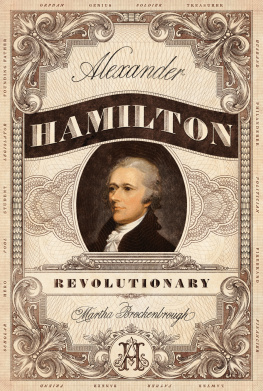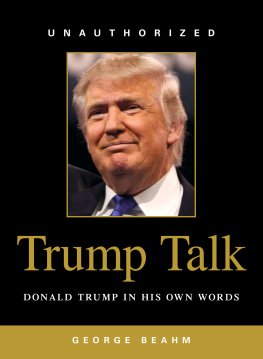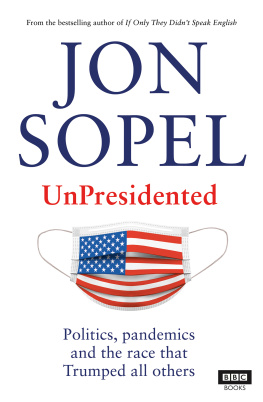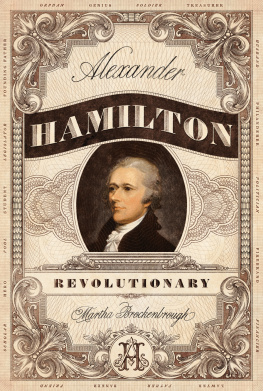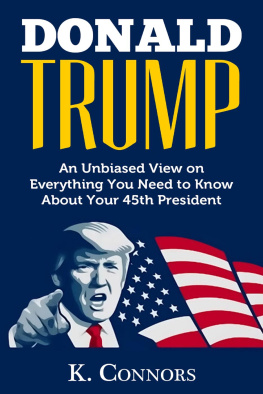Martha Brockenbrough - Unpresidented: A Biography of Donald Trump
Here you can read online Martha Brockenbrough - Unpresidented: A Biography of Donald Trump full text of the book (entire story) in english for free. Download pdf and epub, get meaning, cover and reviews about this ebook. year: 2018, publisher: Feiwel & Friends, genre: Non-fiction. Description of the work, (preface) as well as reviews are available. Best literature library LitArk.com created for fans of good reading and offers a wide selection of genres:
Romance novel
Science fiction
Adventure
Detective
Science
History
Home and family
Prose
Art
Politics
Computer
Non-fiction
Religion
Business
Children
Humor
Choose a favorite category and find really read worthwhile books. Enjoy immersion in the world of imagination, feel the emotions of the characters or learn something new for yourself, make an fascinating discovery.

- Book:Unpresidented: A Biography of Donald Trump
- Author:
- Publisher:Feiwel & Friends
- Genre:
- Year:2018
- Rating:3 / 5
- Favourites:Add to favourites
- Your mark:
- 60
- 1
- 2
- 3
- 4
- 5
Unpresidented: A Biography of Donald Trump: summary, description and annotation
We offer to read an annotation, description, summary or preface (depends on what the author of the book "Unpresidented: A Biography of Donald Trump" wrote himself). If you haven't found the necessary information about the book — write in the comments, we will try to find it.
Unpresidented: A Biography of Donald Trump — read online for free the complete book (whole text) full work
Below is the text of the book, divided by pages. System saving the place of the last page read, allows you to conveniently read the book "Unpresidented: A Biography of Donald Trump" online for free, without having to search again every time where you left off. Put a bookmark, and you can go to the page where you finished reading at any time.
Font size:
Interval:
Bookmark:
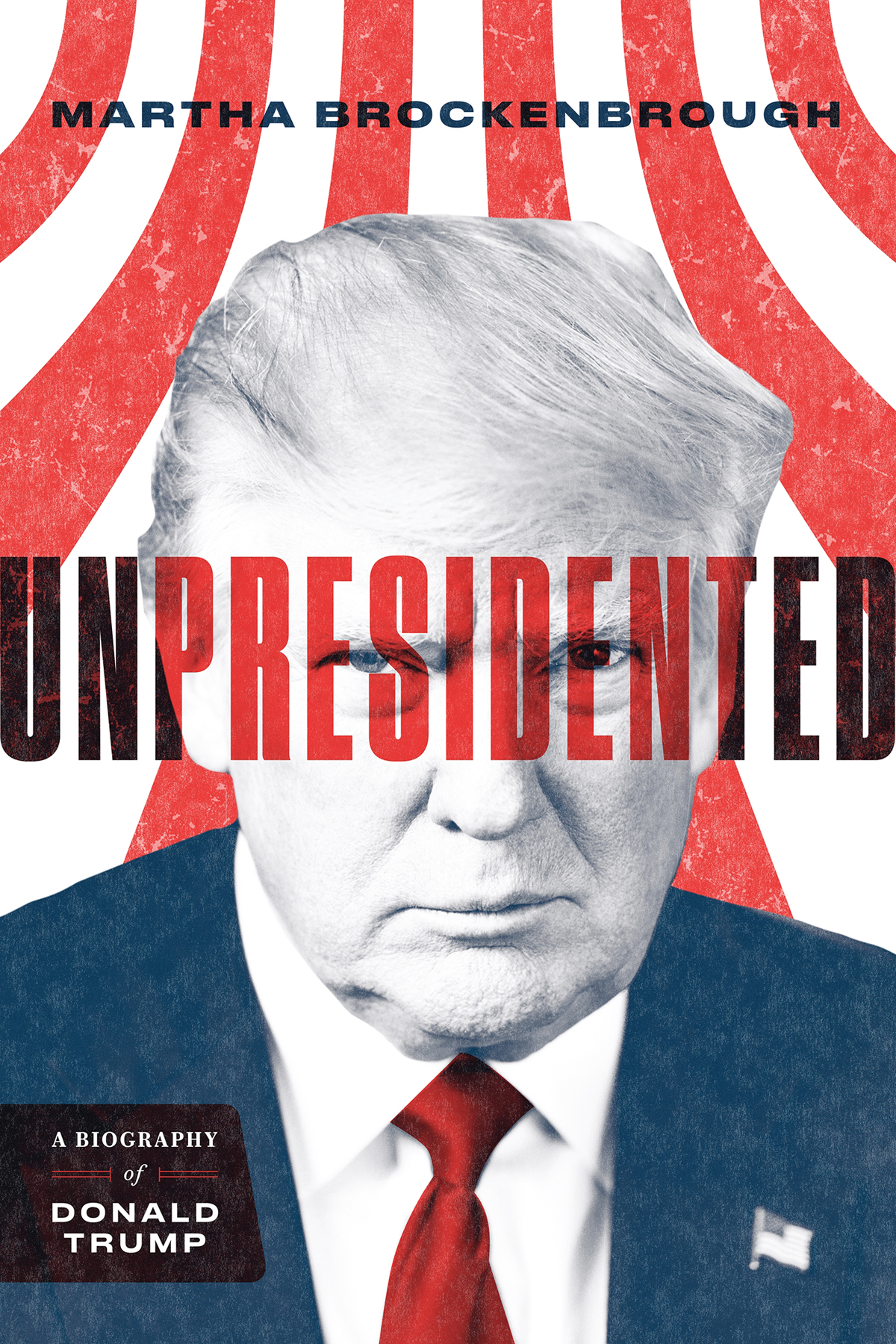

The author and publisher have provided this e-book to you for your personal use only. You may not make this e-book publicly available in any way. Copyright infringement is against the law. If you believe the copy of this e-book you are reading infringes on the authors copyright, please notify the publisher at: http://us.macmillanusa.com/piracy.
To SUSAN SAUNDERS, who started me on this path.
And to the Parkland generation: You know what to do.
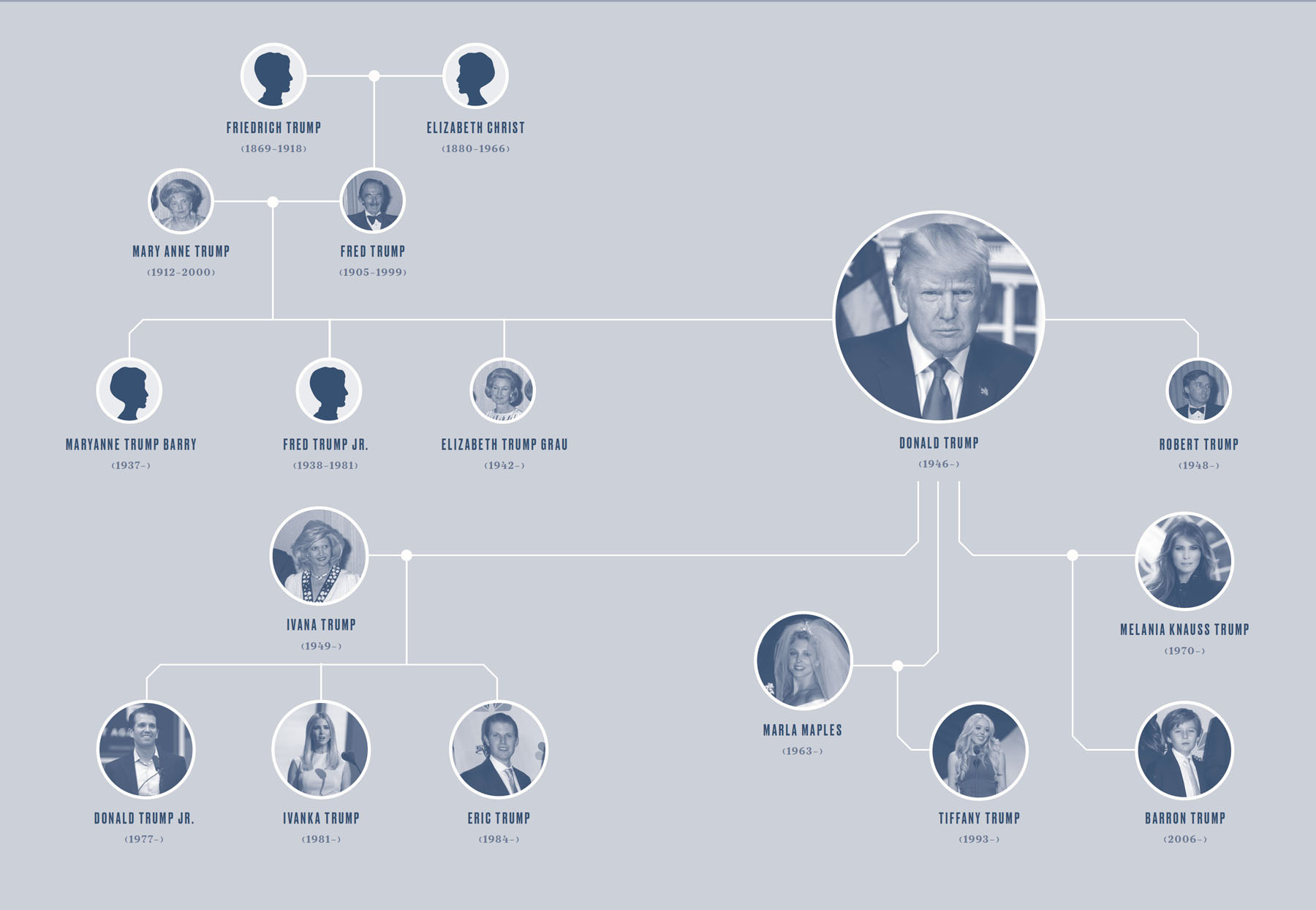
H ISTORY WASNT MY FAVORITE SUBJECT IN school, although I definitely loved writing hilarious speech bubbles in the margins of my textbooks.
Eventually, I realized that history isnt about dates and themes. Its about peopleour beliefs, our actions, the relationships we have with each other, and the choices we make with our lives. History is made of human choices, human beliefs, and human relationships. Nothing fascinates me more.
Ive been interested in Donald Trump for years, and in a way, he was with me for the birth of my second child in 2004. It was a long labor, the TV was on in the delivery room, and my daughter arrived with a squall just as Trump said his famous catchphrase: Youre fired.
I liked the show that first season, and I liked Donald Trump, who seemed sensible and down to earth. His common-sense business advice was appealing. It surprised me, given what Id read of him in celebrity gossip magazines.
Years later, I saw Trump again on TV, this time speculating that President Obamas birthplace was Kenya. Obama was born in Hawaii, not Kenya. This fact was confirmed in 2008, several years before Trump initiated a media campaign questioning the presidents birthplace.
This showed me another side of Trump.
Facts are facts, and it does not serve the public interest when a person with influence and power knowingly spreads false information.
How do we know Trump spread lies? The state of Hawaii released Obamas birth certificate in 2008 and another version of it in 2011. News outlets carried images of the birth certificate. Regardless, Trump ignored factual evidence and contributed to a false belief that remains widespread, especially among Republicans.
A birth certificate provided by the government is a credible document. In the democratic United States, we have good reason to trust the public records government agencies keep. This doesnt mean they dont contain mistakes from time to time. Human beings make these records, after all, and humans are invariably prone to error. But human error and intentional distortion of the record are two different things. Some governments around the world do intentionally distort the record; the former Soviet Union was a notable example.
In the United States, the Freedom of Information Act gives all citizensnot just journalists and historiansthe right to request and obtain records from agencies of the federal government. States have additional laws regulating the publics access to information.
Public records are an important source for historians and journalists, who sometimes describe their work as writing the first draft of history. In writing historys first draft, journalists make routine use of public information as they report on the actions, statements, and decisions of government leaders, employees, and politicians.
The job of journalists is to get the story right. Good journalists independently verify claims with photos, videos, public documents on file in government agencies, and input of verified experts. Good journalists also correct their errors promptly and thoroughly.
Their work is why we know about dangerous products, pending legislation, and sometimes even whether our political leaders are telling us the truth and performing their jobs with integrity.
Every day, the media report facts. Some seem trivial, like the temperature outside. Others are more important: that a brand of lettuce is contaminated with substances that make it dangerous to eat.
In any case, trust in basic facts is a vital part of civil society. Facts become the basis of our decisions, and good decisions are made with verifiable facts.
It can sometimes get complicated. Its possible for something to be true and also unfair. This is where context comes in, and why I have looked at the entirety of Trumps lifeand then someto tell this story. My goal is to be both accurate and fair. This means I take care to get the facts right, show where I got them, and choose elements that faithfully represent the bigger picture.
One instance of a behavior is interesting, but a pattern becomes important. For example: Trump complained that the media lied about the numbers of people who attended his inauguration.
Plenty of photographic evidence proved that Trump and his surrogates got the numbers wrong. Its possible that this was an innocent error on Trumps part.
However, it wasnt the first time in his life that Trump made false claims about crowd size at a public event. He was a grand marshal for a veterans day parade in 1995. The New York Times reported more than half a million people attended. Trump insisted the crowd size was 1.4 million. He also routinely overestimated the crowd sizes at his rallies.
This is where patterns of behavior are useful in understanding and establishing character. Trump likes big crowds, especially when they are there for him. We can even see evidence of this in some of his earliest writing: a poem he wrote in elementary school, which contains this line: I like to hear the crowd give cheers, so loud and noisy to my ears.
When we have patterns and supporting documentation like this, we can feel confident we have an accurate understanding of an aspect of a persons character. We can feel confident it is also fair to include in a biography. In choosing material for this book, a quest for fairness demanded that I look for patterns, rather than the most outrageous or entertaining tidbits (although on occasion they were one and the same).
Sometimes we define fairness as a balance of positive and negative information. Its an understandable impulse.
But this is a bit like saying you can create balance by putting ten elephants on one side of the scale and ten babies on the other. Ten and ten are equal, but they are not necessarily equivalent. Fairness demands a writer examine the whole and select representative parts. It demands a writer constantly consider the credibility of sources. Its not easy work.
Another reason its difficult to write accurately about Trump is that he often speaks inaccurately about himself.
For example, in his ghostwritten book Trump: The Art of the Deal, Trump claims his ancestry is Swedish. This is not true. A later book by Gwenda Blair, The Trumps: Three Generations that Built an Empire, was written with the Trump familys involvement. It offers verifiable facts about Trumps German heritage. I reviewed some of the same historical records Blair did. And I also watched video of Trump talking about his German ancestry.
Font size:
Interval:
Bookmark:
Similar books «Unpresidented: A Biography of Donald Trump»
Look at similar books to Unpresidented: A Biography of Donald Trump. We have selected literature similar in name and meaning in the hope of providing readers with more options to find new, interesting, not yet read works.
Discussion, reviews of the book Unpresidented: A Biography of Donald Trump and just readers' own opinions. Leave your comments, write what you think about the work, its meaning or the main characters. Specify what exactly you liked and what you didn't like, and why you think so.

